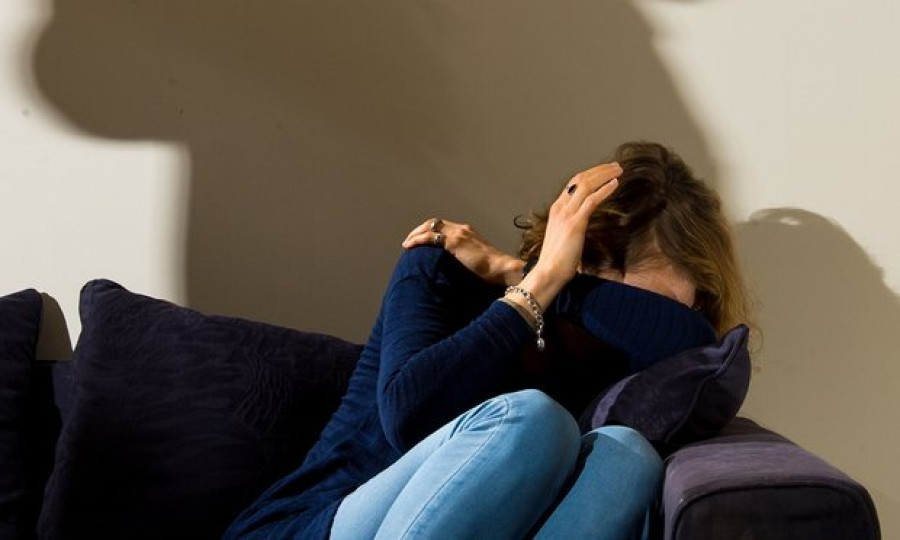National
Women suffered more violence at home than outside last year: Worec report
Women suffered more violence in their homes than at public places last year, according to Anbeshi, a report on violence against women published by Women Rehabilitation Centre (Worec).
Pratichya Dulal
Women suffered more violence in their homes than at public places last year, according to Anbeshi, a report on violence against women published by Women Rehabilitation Centre (Worec).
Out of 1,775 women who were part of the study, 1,300 admitted to having suffered from some forms of domestic violence, the report states. Seventy-five percent of these women were physically abused by their husbands.
The report, launched to mark the 16-day violence against women campaign, mentions that 22 percent of the study participants had been tortured by other family members.
Similarly, 35 percent of the women said that they were sexually abused by either their partners or persons they knew.
Social mindset and deep-rooted patriarchal conventions which label women as second class citizens are the root causes of men mistreating women, say women’s rights defenders.
“It is a social thing that has been going on for a long time. And it will take a huge effort, especially from the state, to change the mindset of people by formulating laws to protect women’s rights to live with dignity and implement measures that punish people who do not abide by the rules,” says Meena Acharya, economist and women rights activist.
As a result of violence, the Worec report says, 45 percent women were psychologically affected, 23 were left with physical wounds and scars and 10 percent suffered economically.
Other reports have also shown that women do not feel safe at their homes.
A women’s safety audit conducted in six Tarai districts—Kailali, Kanchanpur, Banke, Bardiya, Bara and Parsa— last year had revealed that 58 percent of the women felt unsafe living in their own homes.
The research conducted by Didi Bahini, an organisation working in the field of women’s rights in partnership with UN Women, further stated that 78 percent of the women shared that there was not a single safe site around their neighbourhoods. The study also found that women were unaware about the services provided in their villages and also had no knowledge about the process of reporting cases of violence against them.
According to Usha Malla Pathak, vice-president of Nepal Bar Association, women are afraid to report about violence committed by their partners or someone within the family because they are afraid that speaking up against the breadwinners will leave them in a difficult conditions due to weak economic status of women.
Legal experts claim that lengthy procedure and minor penalty has made victims vulnerable to more violence.
“There are many women who have opted not to seek legal remedy after learning about the punishment provision. The punishment part of the Act needs to be reviewed in order to provide total justice to women,” said Advocate Meera Dhungana.
16-day VAW campaign launched
KATHMANDU: Australian Ambassador to Nepal Glenn White and Chairperson of Maiti Nepal Anuradha Koirala jointly launched a 16-day campaign to mark the International Day for the Elimination of Violence Against Women on Friday.
The Embassy of Australia, in partnership with Maiti Nepal, will be hosting several events in four different schools across Kathmandu Valley to educate school students on issues surrounding violence against women.
Addressing one such event at a school in Kathmandu, Ambassador White said: “Violence against women is unacceptable, anywhere anytime and violence against women is a significant human rights violation that has a profound and devastating impact on its victims, on communities, and society as a whole.”
“Eliminating violence against women, everywhere, is a priority of the Australian Government and a key part of its foreign policy and overseas aid program,” added White.
Chairperson of Maiti Nepal Koirala said: “Women are still subjected to violence and trafficking and we are still struggling to provide the rightful status women deserve in this society. It has now become more imperative than ever that all of us give this issue the attention it deserves and work towards resolving . In this, men have as equal a role to play, if not more important, as women.” (PR)




 8.12°C Kathmandu
8.12°C Kathmandu















